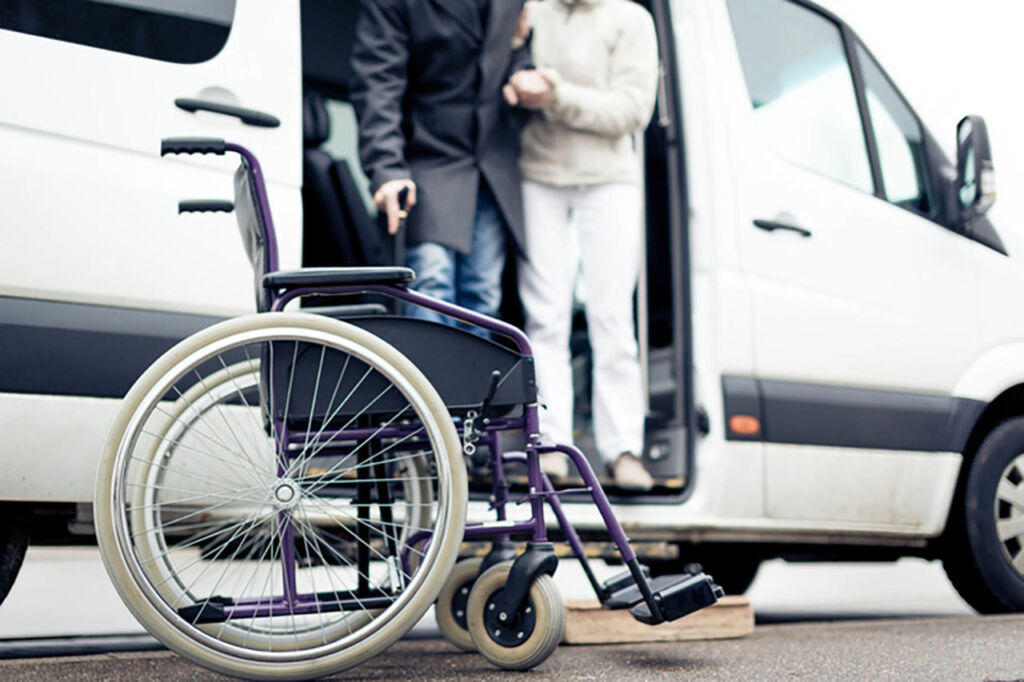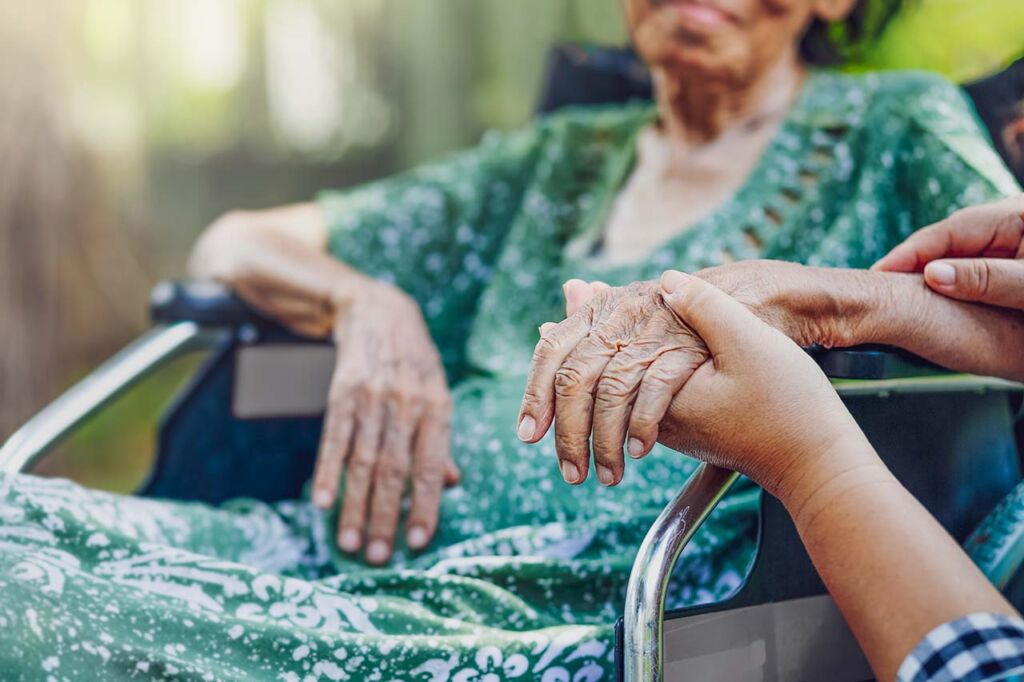Older adults face unique perils from hospitalization, experts are quick to point out. Delirium, functional decline and medication toxicity represent just three problems that tend to affect seniors more than younger patients. Recovering from a contagious disease such as the coronavirus can make decisions around leaving the hospital even more complex.

At discharge, seniors may feel overwhelmed by the amount of information they must digest, from pages of discharge instructions to a multitude of follow-up appointments they must coordinate. Perhaps this explains why many seniors experience rehospitalization.
Here are five questions to ask to help prevent a loved one from winding back up in the hospital.
1. Does the older adult live alone?
When a senior goes home after a hospitalization, he or she may require a high level of care for some period of time in order to move about safely, perform Activities of Daily Living such as bathing, eat nutritiously and get to follow-up medical appointments. Seniors who live alone may lack the support they need to recuperate safely. Is someone available 24 hours a day to provide any care the senior may need? If not, consider professional in-home care services to help your loved one stay safe and avoid rehospitalization.
2. Does your loved one need to quarantine because of a contagious illness such as coronavirus?
Assess a loved one’s ability to understand home isolation recommendations. Consider whether the older adult has a psychiatric disorder or medical condition that could make understanding recommendations or maintaining social distancing difficult. Home Instead® CAREGiversSM have been deemed essential personnel in many states, they practice safety protocol and wear PPE, and can go into an older adult’s home to help keep that person safe. Does your senior’s home allow for social distancing? If not, consider other living arrangements.
3. Is this older adult at risk for polypharmacy issues?
Seniors often get discharged home with a slew of prescriptions after a hospitalization— some of which may be in addition to any medications they have been taking routinely. Seniors who take multiple medications may be at risk for polypharmacy issues, including poor adherence to their medications regimen or adverse drug interactions. You can help them avoid possible polypharmacy issues by
- Evaluating their current medications list, including any new medications and over-the-counter drugs and supplements
- Identifying potential drug interactions
- Eliminating unnecessary or redundant medications
- Creating a simplified medication schedule—or, using a service like Simple Meds(SM) – to make adherence easier
4. Will the senior be able to maintain a healthy diet?
Hospital food may be the butt of many jokes, but nutrition is a serious issue. Eating poorly before or after discharge can put an older adult at risk for physical weakness that could lead to falls – and readmission. You can help older adults avoid this scenario by talking with them about their nutrition, how much they eat, and how they plan to prepare meals once they get home. If it appears they will have trouble maintaining adequate intake or preparing nutritional food, consider recommending an in-home care service provider like Home Instead Senior Care, whose professional CAREGiversSM can develop menu plans, shop for healthful foods and cook nutritious meals for seniors.
5. If the older adult needs to go out, does he or she have access to transportation?
Obtaining follow-up care on schedule after a hospitalization is important to a successful recovery. Outpatient providers often can catch warning signs of health or recovery problems before they lead to a readmission. Do your senior patients have either the functional ability to drive themselves to and from appointments or to take public transportation? If they do not, help them secure assistance from family members or professional caregivers to take them to follow-up appointments.
Asking these five questions prior to discharge can help older adults avoid rehospitalization. When seniors transition home successfully after a planned or unplanned hospital visit, everyone wins.
For additional resources, including sample checklists to help seniors stay safe at home, visit Prevent Senior Hospitalizations®.


